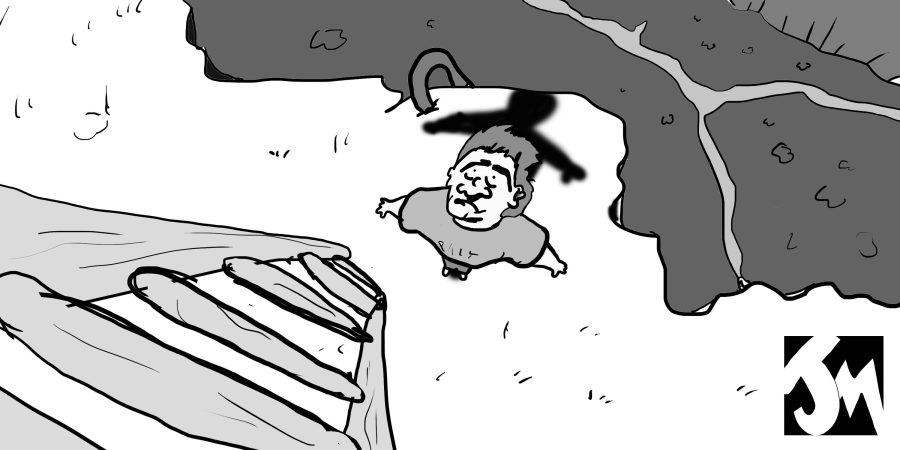Facebook, a social media platform that supports human connections between more than a billion active users, is as renowned as its founder, 32-year-old Mark Zuckerberg. 19-year-old Malala Yousafzai, the youngest person to receive the Nobel Peace Prize, is immediately associated with her advocation for female education. Actress and philanthropist Emma Watson, age 26, is well-known for her humanitarian endeavors as a United Nations Women’s goodwill ambassador.
Within the past few decades, these influential young thinkers have changed the perspectives and lives of millions around the world by encouraging people to actively support technological and social progress. Visionaries like Zuckerberg, Yousafzai and Watson have also come to represent a prominent generation: the millennials.
Today, millennials—people born during or after the 1980s—make up a significant portion of the workforce. According to a study conducted by the Pew Research Center, 34 percent of employed Americans are millennials, who outnumber the working populations of any other generation. However, as millennials’ presence is becoming increasingly defined, more and more employers are accusing them of being lazy and self-centered.
Growing up with major technological advancements, millennials exhibit starkly different mannerisms when compared to other generations. They are known for their quick minds and impressive intelligence, much of which can be attributed to easy access to knowledge and heightened emphasis on education. Even so, older generations have labeled millennials as the “apathetic generation.” They accuse them of being indifferent to the world around them, taking things for granted and acting self-centered in the work environment.
As high schoolers about to enter the workforce, we must understand the mindset of millennials. Additionally, we must acknowledge their faults and accomplishments alike in order to learn from their mistakes and avoid them.
Recently, a new light has been shed on the personalities of millennials in the workforce. In a viral interview on a YouTube talk show called Inside Quest, motivational speaker Simon Sinek discussed millennials’ roles in the workforce and delved into their more controversial characteristics. Sinek suggested that social media has played a huge role in emphasizing the importance of outward appearances, and has led to millennials convincing themselves that their peers live the perfect lives they portray online.
Therefore, when millennials enter the workforce, they often look for ways to recreate this unrealistic persona, always trying to “make an impact” in the work environment. While this outlook is positive, it results in an unwillingness to perform minor tasks. Additionally, this mindset leads to millennials fearing that they are not significantly impacting their communities in progressive ways.
Generation Z—the new, independent generation of young people who are just now entering the workforce—needs to look beyond education as a means of success, and understand that the world of learning differs greatly from the world of working. Although education is important, it ultimately plays a small role in the grand scheme of things.
In institutional education, we are used to choosing what we want to learn and at what pace we want to learn it. We are accustomed to receiving praise for completing even the most insignificant of activities. We are familiar with making a big impact in a small community, and often look down on the idea of “busy work.” Although these traits are beneficial for our academic journey, the challenges that we will face in the workforce will be drastically different. School may seem mundane now, but the workforce is even more so.
Holistically, we need to understand that working revolves around performing menial tasks, at least in entry-level stages of employment. For example, a newly-hired graduate from a prestigious school may be asked to fix a broken printer, crawl around in a dark crawl space to find a lost file or run two blocks to get coffee. These are dull tasks that college graduates would not have dreamed of performing post-graduation. Compared to this tediousness, the world of academia seems extraordinarily interesting.
Generation Z’s need to recognize the distinction between education and labor in order to ensure future success as a generation and change our mindsets toward what it means to be truly successful in the workforce.
In order to ultimately prosper, we also have to realize that we will need to start at the bottom of the totem pole of employment seniority and gradually claw our way up, all the while performing minor tasks for superiors. We have to understand that it is okay to start small while keeping big ideas in the backs of our minds. With the right mindset and innovative goals that we seem to innately possess, we can pave our way to success as the newest generation of brilliant workers.

